Health Care
Stanford Medicine delivers unparalleled care for each patient’s unique needs. Our multidisciplinary approach to health care coordinates deep expertise with the most advanced technology for the best possible outcomes.
Clinical Trials
Stanford Medicine offers patients direct access to clinical trials that safely evaluate new ways to prevent, diagnose and treat disease. Currently more than 500 trials are under way.
Extraordinary Expertise
Driven to discover and committed to advancing health, our physicians are dedicated to developing new insights and improving outcomes.
Advancing the
Standard of Care
-
At 61, heart surgery at children’s hospital
Most adults who had congenital heart defects repaired when they were young are not cured, doctors have learned.
-
For diabetes educator, work is personal
Anna Simos, who was diagnosed with diabetes at age 15, has devoted her career to the preventing the disease and caring for those who have it.
-
New tool for doctors tracking glucose readings
Rajiv Kumar began piloting HealthKit in March with 10 patients to assess its ability to track blood-sugar levels.
A Legacy of Innovation
-
First use in Western hemisphere of linear accelerator to treat cancer
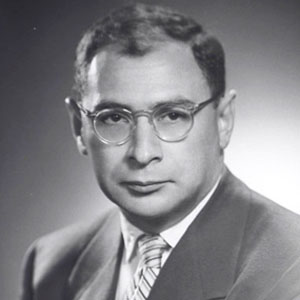
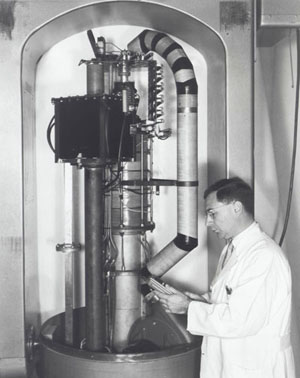
A 2-year-old boy with a tumor in his eye is the first to undergo X-ray treatment from a medical linear accelerator developed by Henry Kaplan and campus physicists.
Read more about Dr. Henry Kaplan (PDF)
Read the 1956 press release (PDF)
-
First neonatal intensive care unit to allow parent visitation
Stanford creates the first neonatal intensive care unit that allows visitation by parents.
-
First successful human combined heart/lung transplant in the world (fourth attempted worldwide)

Mary Gohlke receives the world's first combined heart and lung transplant in a landmark operation led by surgeon Bruce Reitz.
-
First clinical trial testing methods for preventing eating disorders in adolescents

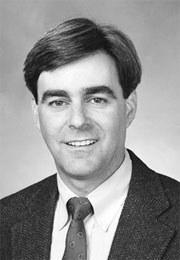
Researchers Joel Killen and Thomas Robinson publish findings that shed light on the causes of eating disorders in adolescents.
-
First demonstration that lifestyle changes and drug therapy decrease heart attack rates and slows progression of atherosclerosis in coronary arteries
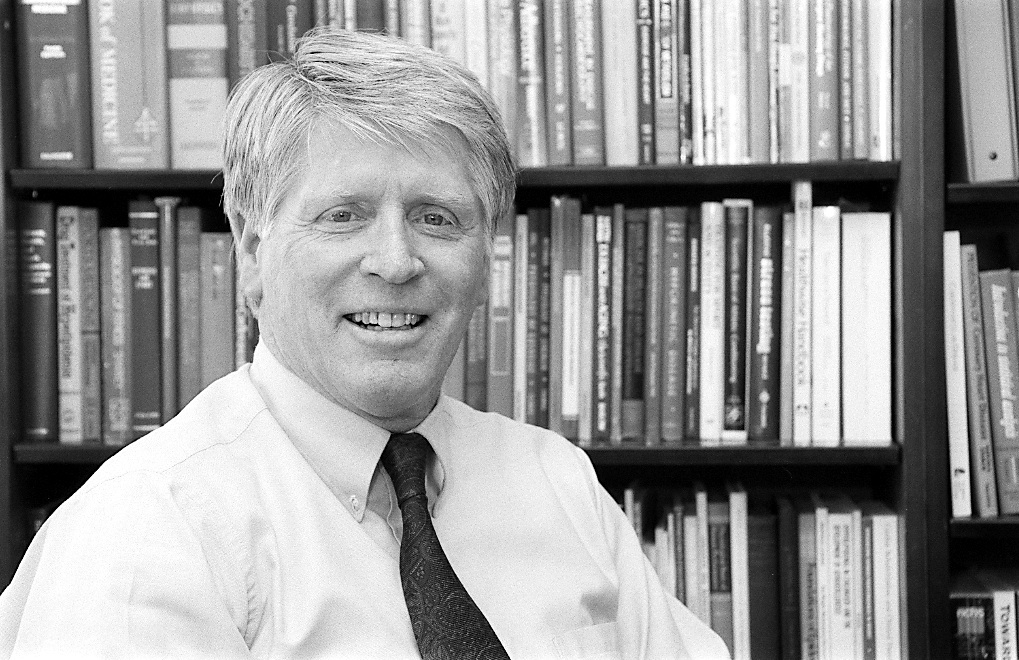
Researcher William Haskell shows that intensive lifestyle changes and prevention/treatment programs can reduce cardiac events and slow the progression of atherosclerosis in coronary arteries.
-
Development of a new type of imaging system that can illuminate tumors in living subjects, getting pictures with a precision of nearly one-trillionth of a meter
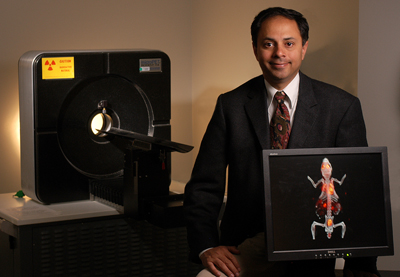
Radiologist Sanjiv Gambhir develops a new type of imaging system that can illuminate tumors in living subjects with a precision of nearly one-trillionth of a meter
-
New method allows sequencing of fetal genomes using maternal blood

Bioengineer Stephen Quake develops a groundbreaking method to sequence the genome of an unborn baby using only a blood sample from the mother.
-
A new technique induces egg growth in infertile women, and one gives birth
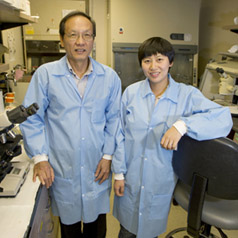


An in-vitro activation procedure developed by endocrinologist Aaron Hsueh is used to induce egg growth in some infertile women, and one gives birth.
Our Vision for Precision Health
Stanford Medicine is leading the biomedical revolution in precision health and developing the next generation of care that is proactive, predictive and precise.
Support our Hospitals
Our vision of health care advances personalized medicine and leading-edge coordinated care.